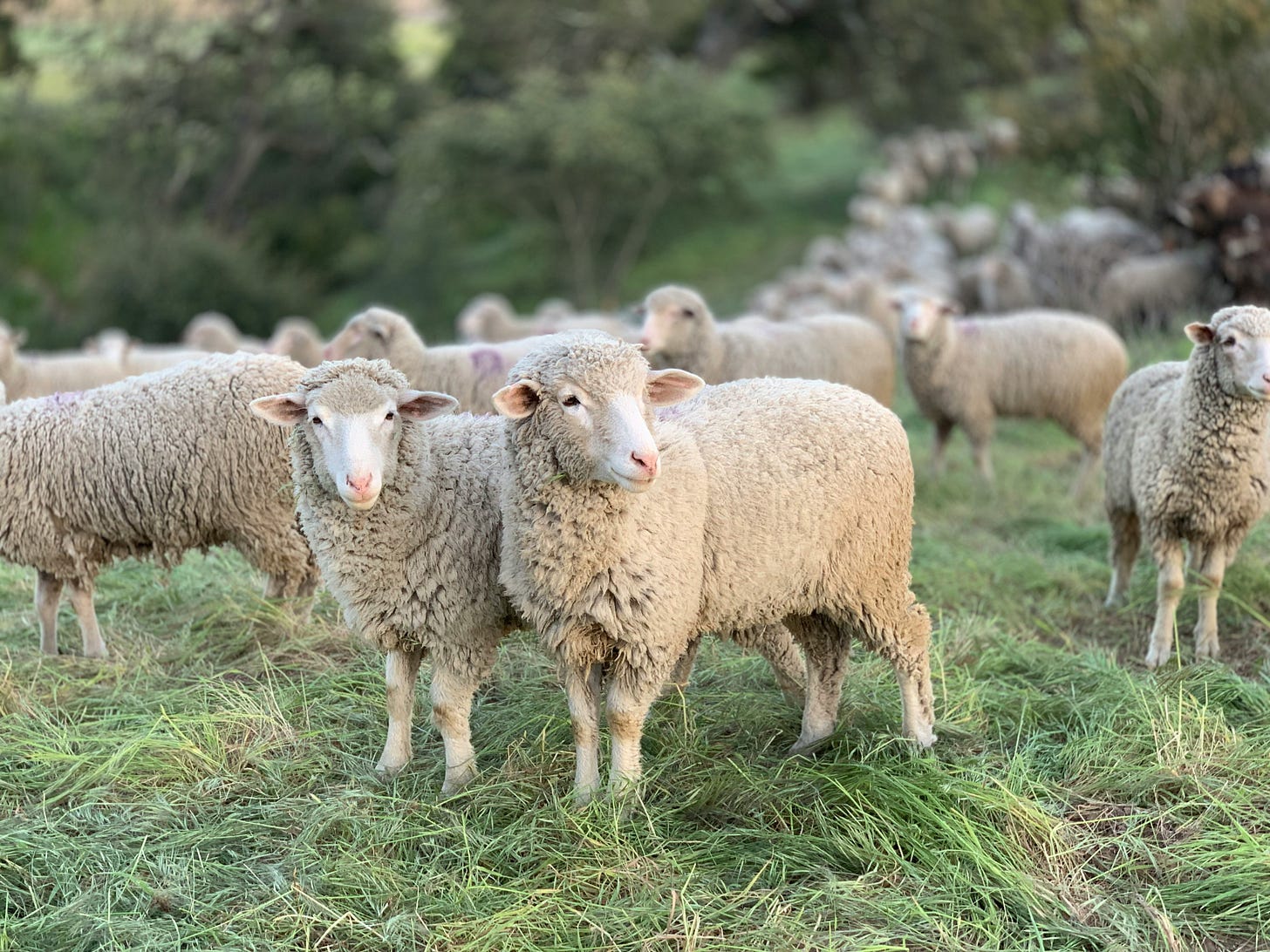Bluetongue cases soar among livestock
The Portuguese Farmers' Confederation (CAP) says the outbreak has killed more than 50,000 animals and caused six million in damages.

The Portuguese sheep farming sector is reeling from the devastating impact of a Bluetongue disease outbreak, with reported losses already surpassing €6 million, according to the Portuguese Farmers’ Confederation (CAP).
The epidemic, which has swept through all districts of mainland Portugal, has resulted in more than 50,000 deaths among sheep, threatening the financial stability of livestock farms across the country.
Surge in Mortality and Strain on Carcass Disposal
The outbreak has led to a 40% increase in sheep deaths compared to the same period last year, from north to south of the country.
CAP warns that the crisis may worsen in the coming weeks, with mortality and abortion rates continuing to rise.
The surge in animal deaths has overwhelmed the System for the Collection of Corpses of Animals Dead on the Farm (SIRCA), operated by the Ministry of Agriculture’s Directorate-General for Food and Veterinary Affairs.
The system is not equipped to handle such a catastrophic scenario, leaving many farmers with no choice but to bury dead livestock on their land, raising biosecurity concerns.
Calls for Immediate Vaccination and Pest Control
Bluetongue, transmitted by midges, causes severe symptoms in sheep, including high fever, mouth ulcers, and swollen heads.
While it does not pose a risk to humans or spread between animals, its impact on livestock is severe.
CAP is urging the government to implement mandatory vaccination against the BTV-3 serotype, which is currently spreading, and to include the vaccine in the Animal Health Programme (PSA), making it available for free to farmers.
“The government must act immediately,” CAP stressed, calling for strategic pest control measures to curb the midge population and reduce the spread of the virus.
CAP warned that without swift intervention, the situation could deteriorate significantly, with continued high rates of mortality and economic losses.
Minister of Agriculture Responds, Funding Available for Vaccination
Minister of Agriculture José Manuel Fernandes addressed the crisis in Guimarães, urging farmers to report animal deaths promptly to provide an accurate assessment of the outbreak’s scale.
He highlighted the discrepancy between official reports and the actual death toll, noting that while 51,000 deaths have been estimated, only 4,000 deaths have been formally notified, complicating the government’s response efforts.
Fernandes announced that €1 million has been allocated to reimburse producers for the cost of the Bluetongue vaccine.
“We want to be quick in our response,” he said, emphasizing that producer organizations will administer the vaccine, and costs will be fully covered.
European Outbreak Expands: Concerns Grow Over Bluetongue Spread
The outbreak in Portugal mirrors a wider surge in Bluetongue cases across Europe.
The first case of the BTV-3 strain was detected in the Netherlands in September 2023, before spreading rapidly to Belgium, Germany, and the UK.
Recent reports show a dramatic rise in cases, with the Netherlands reporting 2,909 infected areas, up 650 cases in just one week. Germany has recorded 1,885 clusters as of early August, compared to only 23 outbreaks throughout 2023.
France, Luxembourg, and Denmark have also reported their first cases, prompting a continent-wide response.
French authorities have launched a vaccination campaign to curb the spread, while Germany's Friedrich Loeffler Institute warned that BTV-3 poses a particularly high risk to sheep, leading to severe drops in milk production for cattle and other significant economic impacts.
CAP’s Appeal for Support and Public Reassurance
CAP is calling on the government to provide emergency financial aid to farmers and to amend certain support measures under the Strategic Plan for the Common Agricultural Policy (PEPAC), including relaxing requirements related to calving intervals due to the high abortion rates linked to the virus.
The confederation also stressed the safety of consuming sheep meat, milk, and cheese, urging the public to avoid panic that could further harm the already struggling sector.
“This information is crucial to prevent a drop in demand caused by unjustified alarmism,” CAP stated, underscoring that the consumption of products from affected animals poses no health risk.
As the crisis unfolds, the Portuguese sheep farming industry faces an uncertain future, with CAP urging swift government action and coordinated efforts to combat the spread of Bluetongue and support beleaguered farmers.



